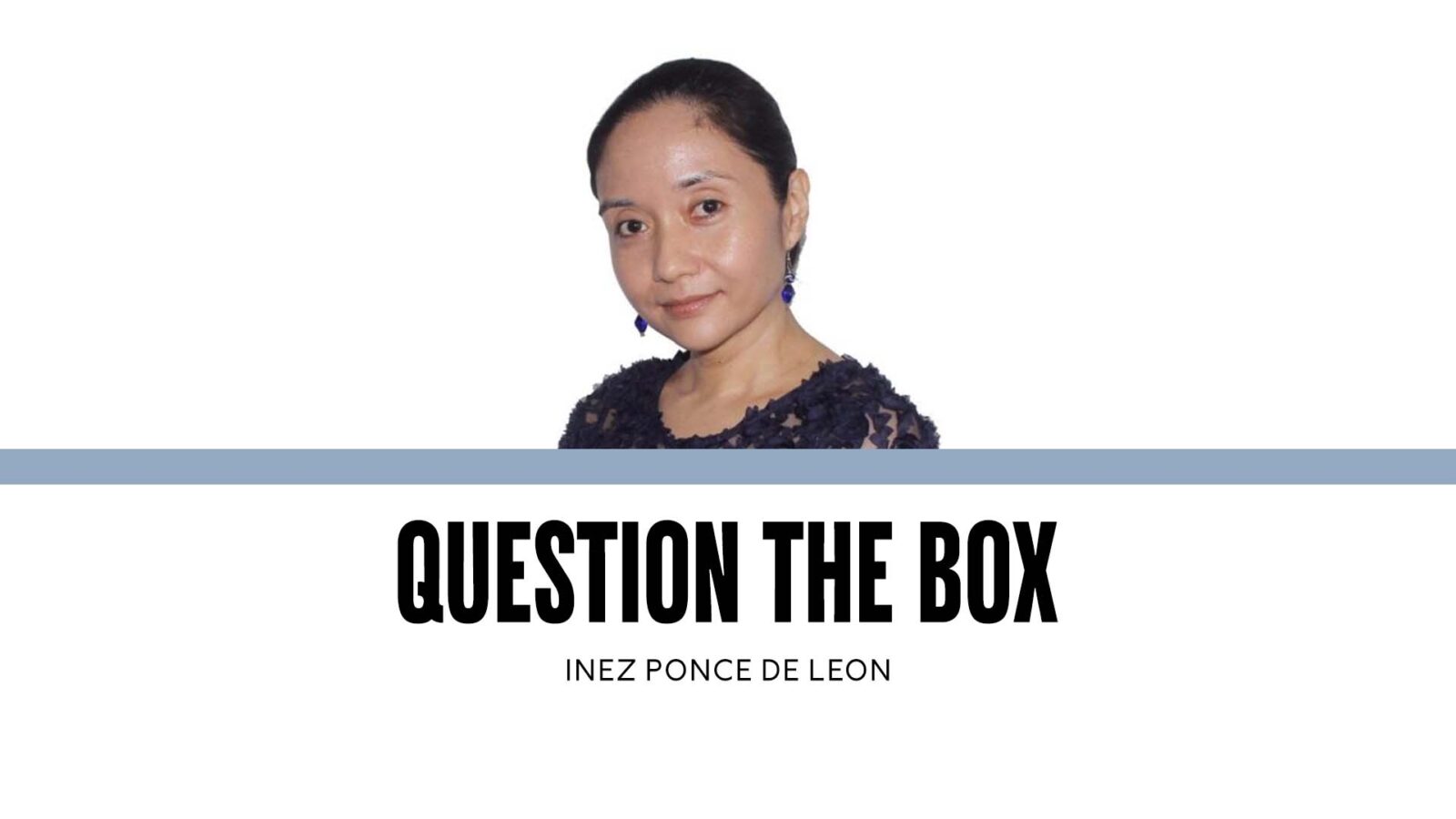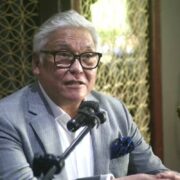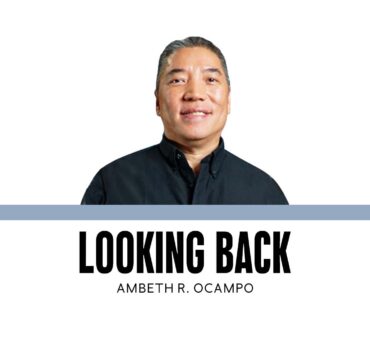Above and beyond

I sat next to one of our youngest lectors at our parish ministry meeting last weekend. She is in her last two years of college and studying to be a teacher, and she talked about her visit to public schools to observe classes.
She witnessed the overcrowded classrooms, students who wanted to do nothing but play and were getting their way instead of being firmly taught lessons first, and teachers who were too tired or giving up. She said there were students with special needs, some of them with attention deficit, others clearly on the autism spectrum—all of them pushed into mainstream classes because there were no specialists on hand.
We couldn’t help but discuss the recent corruption cases and how the money poured into incomplete projects—or siphoned into personal bank accounts—could have gone into teacher training, new classrooms, improved school buildings, or even special education schools.
I couldn’t attend the Edsa rally the next day, so I asked if she was going.
She shook her head. She was under a scholarship, she said, whose contract prohibited her from joining rallies. She did want to go: she clearly saw the wrongdoing, recognized the injustice, and wanted to speak out. However, she also needed to finish her studies because her family couldn’t afford to send her to school otherwise.
The idea appalled me. Joining a protest rally is not a waste of time. It is a sign of indignation that arises from critical thinking, a lesson that a future teacher should teach her students one day. And yet to prove herself worthy of financial aid, she must also keep from exercising the skill that she will one day teach.
The idea reflects a broader sense of incoherence, whether in governance or in projects that fizzle out once short-term goals have been met. Some might call it ningas cogon, an idiomatic expression calling to mind fast-burning cogon grass—the same way that people burn with fervor at the start of something exciting, only to withdraw their energies when the time for hard work comes.
I prefer to call it being trapped in a comfort zone: reacting when something awful has come to light but having no long-term plan or behavior that will make one’s reactions bear fruit.
So what is the endgame, aside from mounting more protests?
In the present, ousting a president means nothing except handing over power to a vice president who is herself suspected of corruption, and yet is shielded by allies in the Senate and House of Representatives. Putting her in the driver’s seat would turn her cases, which are in the millions of pesos, into a mere footnote in our legal history.
In the present, investigating only the contractors could absolve public officials, the legislators with funds that might have been used as part of the projects, the government agencies that allowed the contractor schemes to go unpunished, and the local governments that saw the anomalies but looked the other way when their wallets got fatter.
In the present, marching on the streets is a good idea, but it has to go beyond simply reacting. We have to go beyond speaking up one day, only to spend the next election cycle voting for corrupt and/or inept officials, the children of entrenched and corrupt dynasties, or famous but largely clueless celebrities elected to office.
We have to go beyond protests. We need to overhaul the infrastructure and change the culture that prevents the next generation from keeping its eyes open and its voice heard.
Scholarships based on compliance are just one fatal flaw; there are universities that prevent their students from going to protest rallies or that penalize students who speak up against injustice.
There are parents who bristle when their children ask questions, who accuse their children of being disrespectful when they disagree with their parents’ political views, and who frown on schools that teach their students history as it happened, not as it was wished.
There are people who are angry at corruption, and yet also want to bring a murderous madman home so that he can escape justice.
There are people who think that the Church is too political and shouldn’t speak up, who want sermons and homilies to be about catechism alone.
But wasn’t the Catholic Church founded on universality? And wasn’t this a form of rebellion at a time when the rest of humanity excluded each other in the name of faith, belief, and tribal loyalty? What use will a good education have if parents don’t encourage rigorous thinking at home? What use will overturning governments have if we keep voting the evil, corrupt, and greedy back into power?
Protests are just the beginning. When they end with nothing but deeper bureaucracies, escapism, and bad voting, they are simply a comfort zone for those who do not have the brains, strength, and willingness to see their principles through.
We need better systems; more tightly entrenched morals; a public that votes people into a position of power, not privilege. We need to be citizens.
The march on the streets is the prologue. Our work has just begun.


















